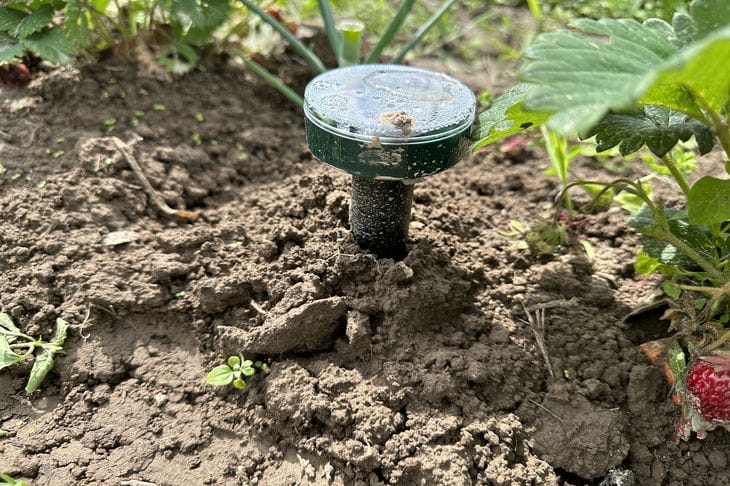The battle against mosquitoes doesn't require chemical warfare when nature provides its own defense system through specific plants.
Research from the University of Guelph confirms certain plants reduce mosquito landings by up to 62% through their natural compounds.
Citronella grass (Cymbopogon nardus) remains the gold standard, with its oil being EPA-approved as a mosquito repellent.

A study in the Journal of the American Mosquito Control Association found crushed citronella leaves provide 50% protection for nearly two hours.
Lemon balm (Melissa officinalis) contains high levels of citronellal, a compound mosquitoes actively avoid.
Purdue University researchers discovered rubbing the leaves on skin offers protection comparable to many commercial sprays.
Rosemary's woody scent masks human attractants that mosquitoes detect, according to findings in Phytotherapy Research.
When burned as incense, it creates a protective barrier that repels insects for hours.
Marigolds (Tagetes spp.) produce pyrethrum, a natural insect deterrent used in many organic pesticides.
The Journal of Economic Entomology reports these flowers reduce mosquito populations within a 3-foot radius when planted densely.
Basil varieties, particularly cinnamon and lemon basil, emit volatile oils that interfere with mosquito host-seeking behavior.
A Thai study published in the Southeast Asian Journal of Tropical Medicine found these plants decrease bites by 40% near seating areas.
Catnip (Nepeta cataria) proves ten times more effective than DEET according to Iowa State University research.
The nepetalactone compound confuses mosquitoes' sensory receptors, making humans virtually invisible.
Lavender's linalool and camphor content create an unpleasant environment for mosquitoes, notes a study in Parasitology Research. Planting it near entryways and windows forms a fragrant barrier against indoor invaders.
Peppermint's strong menthol aroma disrupts mosquito carbon dioxide detection, as documented in Bioresource Technology.
Crushing leaves releases enough oil to repel insects within a 5-foot radius for several hours.
Garlic's sulfur compounds enter the bloodstream and create an odorless human repellent when consumed regularly. The Connecticut Agricultural Experiment Station found eating two cloves daily reduces bite frequency significantly.
Strategic placement matters as much as plant selection, according to University of Florida research. Creating plant borders around seating areas works better than scattering specimens randomly throughout the yard.
These natural solutions offer pleasant alternatives to synthetic repellents while enhancing garden beauty. With proper plant selection and placement, outdoor spaces can become virtually mosquito-free zones all season long.
